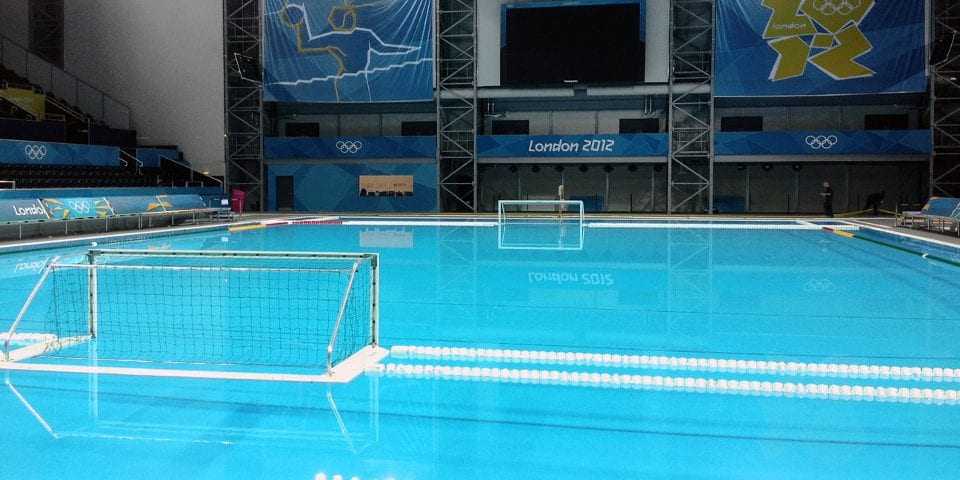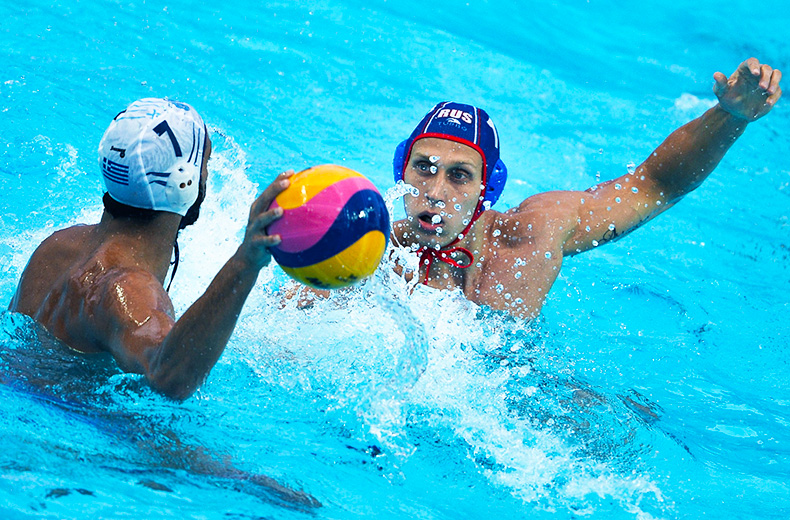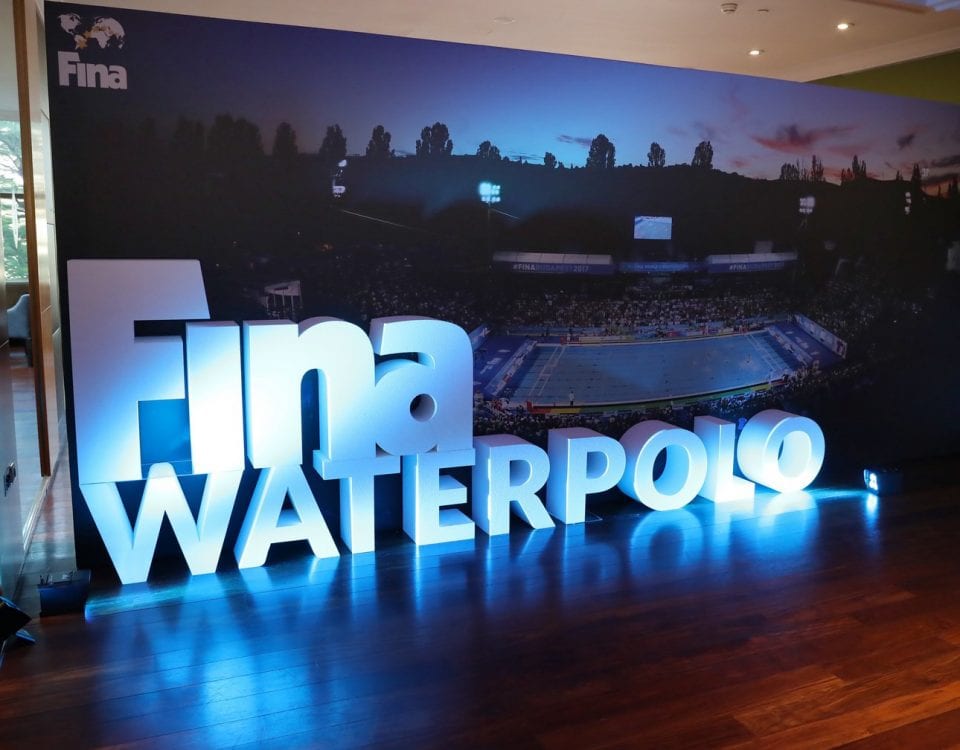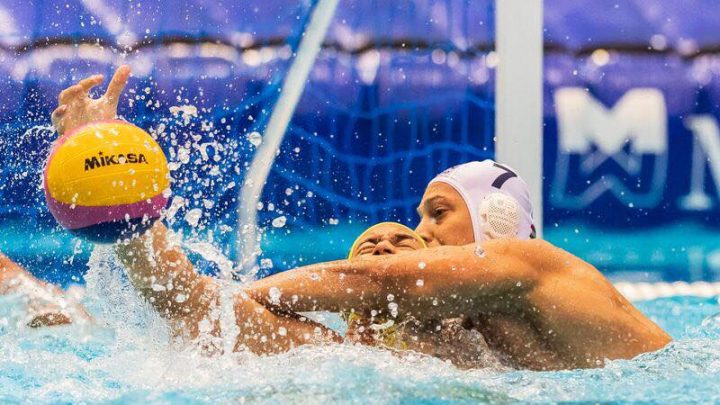The WWPCA would like to highlight the fact that the WWPCA is an independent association made up of the world’s water polo coaches, without any influence (financial nor advisory) from any aquatic body or individual. We also would like to declare that our motivation for the following position is rooted in our concern for the sport that we love and is in no way connected to the FINA political elections; thus, it is free from partisan political influence. The WWPCA is not a political association.
The intent of this letter is to officially express the opinion and position of the WWPCA with respect to the FINA water polo rule change proposals as well as the IOC proposals to decrease the water polo quota and the number of water polo players per team at the Olympic Games.
We are expressing big disappointment in and lack of support for:
- Not having an open and transparent process in regards to the decision making of the new proposed water polo rules
- Not consulting with the main stakeholders (coaches and athletes) at any point
- Testing for one set of rules for a period 3 years and subsequently proposing something else not tested
- The ad hoc decision made to propose a new set of rules for which there are no data to demonstrate how the proposed changes will improve (or damage) the game
- The sport of water polo losing a total of 18 athlete quota allocation spots at the Olympic Games (the only team sport that decreased its athlete quota)
- Connecting the IOC decision regarding a reduction in the player roster to 11 players to all other water polo competitions under the FINA umbrella
- Before proposing the 11 players roster to the IOC there was no athlete health, performance or marketing research done to evaluate the impact of the rule change
The WWPCA does not support the proposed FINA rules changes for water polo for the following reasons:
- The WWPCA is concerned about the health implications for the athletes and the potential injury risk which may occur with 2 less players on the roster; given the obvious increase in risk exposure (due to a longer playing time) and the subsequent decrease in recovery time. The risk to the health from injury could be significant and dangerous, and has not been scientifically evaluated through serious studies
- The FINA water polo rule change proposals are incongruous and asynchronous with the proposed IOC decrease in the water polo roster to 11 players. This change will result in an increased demand and load on the athlete body in comparison to the existing rules. The FINA proposed rule changes result in less breaks, less rest, and thus, less chance for athlete recovery and at the same time, there is the same number of exclusions. These different proposed changes could result in an increased risk of athlete injury and subsequent damage to the sport
- Water Polo is the only team sport at the Olympic Games that does not have one substitute for every starting player. (Only football has fewer substitutes among team sports, but soccer rules limit the number of substitutions that can be made in a game)
- Water polo will be the only team sport without a substitute goalkeeper (in most of the cases) resulting in the necessity to have a field player acting as a goalkeeper. This is not in a favor of positive television/media interest or good performance
- With the proposed rule changes, it is likely that a water polo match may finish with one team having one player less on the field of play; given the number of exclusions and the smaller roster. This outcome would not be advantageous for good play; nor for television/ media interest
- Decreasing the halftime break (WP11.2) and decreasing the number of timeouts to 2 per game (WP12.1) will result in a reduction of recovery time for the players, which will thus potentially increase the risk of injury due to the smaller rosters
- With only 11 players on the roster, the effect of exclusion on the outcome of the game would carry more importance; therefore, the role of the referee would have even greater influence on the outcome of the game
- Game style: Given that 11 players will fatigue sooner due to the increased time of play, it is extrapolated that the athletes will move slower in the water, and look for breaks in swimming, resulting in a more ‘wrestling style’ of play
- The IOC decision to decrease the team roster from 13 to 11 players should not influence the team roster size at FINA events; which can and should remain at 13 athletes per team
- Rule proposal WP 1.4 (field of play and equipment) suggests that the minimum field of play size can be 20m, which is 10m less thenwater polo is being played currently. That is 33% less field of play; which could potentially decrease the viewer enjoyment of the game
Solution:
- All of the proposed rules changes be withdrawn from the Water Polo Congress in Budapest
- During the FINA World Championship in Budapest, a FINA-WWPCA meeting be held with the following agenda:
- WWPCA is ready to participate in an advisory group, together with FINA, and to offer our experience and expertise in regards to future steps to recreate and synchronize water polo rules with the current situation. This will help to overcome current issues and danger for water polo sport
- Rule changes to be studied in the next 4 years and new set of rules to be proposed after Tokyo2020, if needed and proper evaluation process proves such recommendation
- Create a strategic plan on the function, measurable outcomes, and timeline for this collaboration and study
Sincerely
WWPCA Board of Directors
WWPCA Directors:
Ratko Rudic CRO, Alessandro Campagna ITA, Karl Izzo MLT, Paolo Malara CHN, Adel Shamala EGY, Dejan Udovicic USA, Yiannis Giannouris GRE, Adam Wright USA, John Vargas USA, Quim Colet GenesiasESP, Sergey Drozdov KAZ, Fabio Conti ITA, Balazs Vincze HUN, John Abdou






